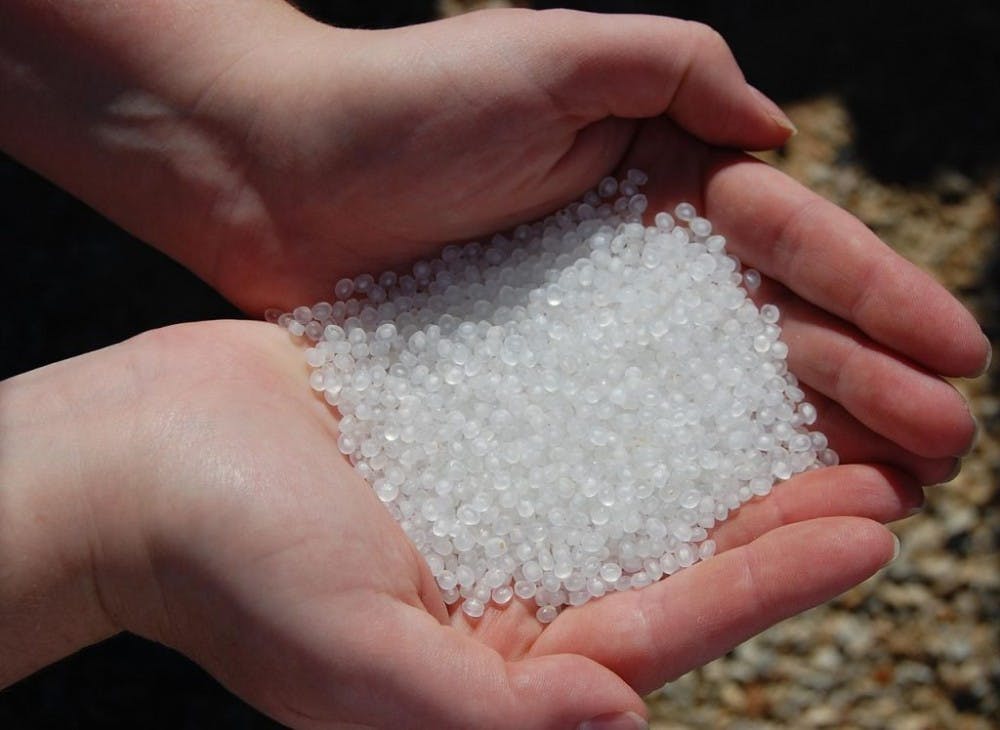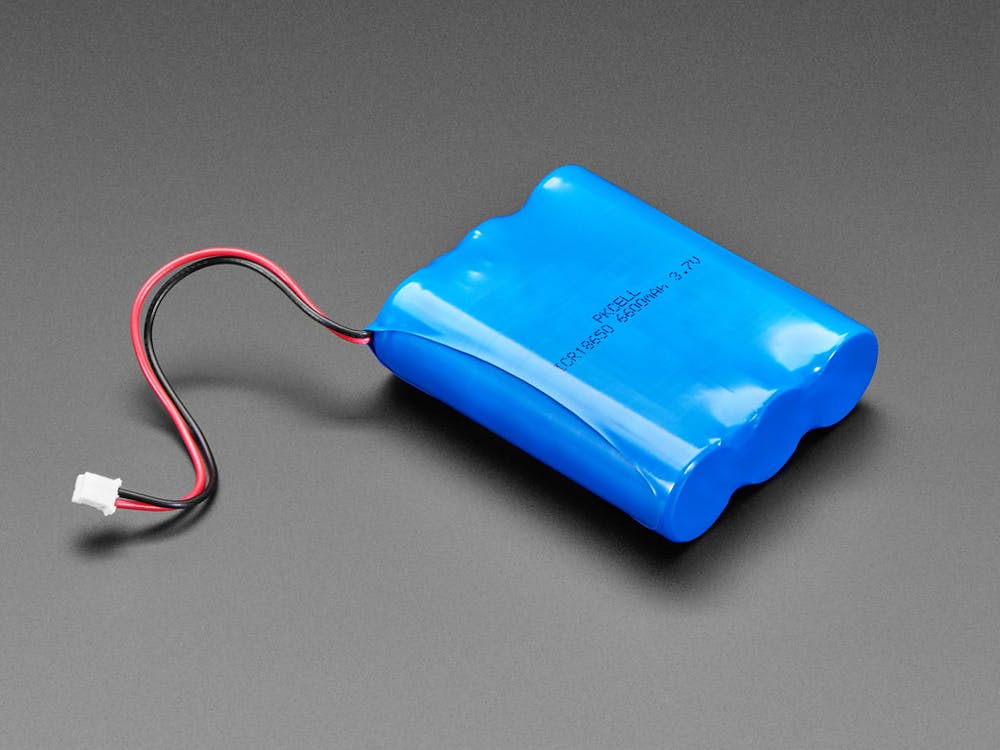The U.K. placed a ban on microplastics because of a recently published study in Scientific Reports. Scientists working in the mid-Atlantic and southwest Indian Oceans have found evidence that deep-sea animals such as hermit crabs, squat lobsters and sea cucumbers, eat the microbeads, which are typically found in cosmetics and cleaning products.
Microplastics are generally defined as particles under five millimeters in length. They get into the oceans either by washing clothes made from synthetic fabrics or by using cosmetics containing microbeads.
Microplastics are generally the same size as “marine snow,” the shower of organic material that falls from surface level waters to the deep ocean. Many animals rely on marine snow as a source of food. The House of Commons Environmental Audit Committee reported that 100,000 plastic particles can enter the ocean after a single shower.
Researchers from the University of Bristol and Oxford University working on the Royal Research Ship (RRS) James Cook at two sites, have confirmed the presence of microplastics inside animals at depths between 300 and 1800 meters. This is the first time that scientists have seen microplastics inside sea animals at such deep depths.
The animals were collected using a remotely operated underwater vehicle. According to Principal Lecturer in Forensic Science Claire Gwinnett at Staffordshire University, the techniques used in the study effectively reduced and demonstrated contamination.
The results showed that the animals ate the microplastics and weren’t from the lab or any external contamination.
“The main purpose of this research expedition was to collect microplastics from sediments in the deep ocean — and we found lots of them. Given that animals interact with this sediment, such as living on it or eating it, we decided to look inside them to see if there was any evidence of ingestion,” Michelle Taylor, a researcher at the Oxford University’s Department of Zoology and lead author of the study, said in a press release from the University of Bristol. “What’s particularly alarming is that these microplastics weren’t found in coastal areas but in the deep ocean, thousands of miles away from land-based sources of pollution.”
The study reveals the potentially devastating environmental fallout of microplastic pollution.
“This result astonished me and is a real reminder that plastic pollution has truly reached the furthest ends of the Earth,” Laura Robinson, professor of geochemistry at Bristol’s School of Earth Sciences, said in a press release from the University of Bristol.

















